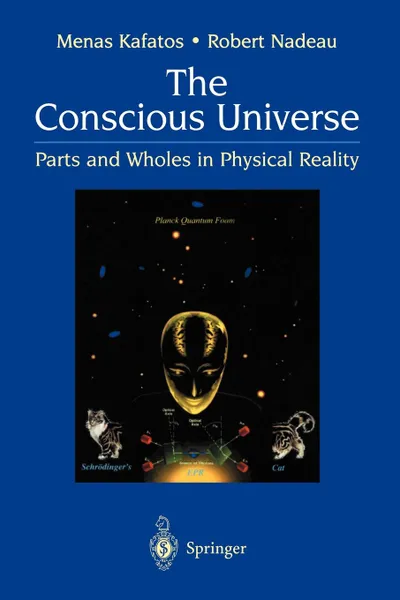The Conscious Universe. Parts and Wholes in Physical Reality 12+
Автор: Menas Kafatos,
Robert Nadeau
196 страниц
Категория: Литература на иностранных языках
ISBN: 9780387988658
Язык: Английский
📒 A discussion of the implications for philosophy of recent experimental results that confirm some counterintuitive aspects of the way matter behaves. The authors show that a generalised principle of complementarity is pervasive not only in physical theories such as cosmological models of the universe, but also in the construction of all human realities. They discuss in detail Bells inequalities for quantum mechanical measurements as well as recent experiments which imply that even remote parts of the universe are "entangled." They go on to suggest that consciousness can no longer be divorced from the way science operates, and conclude by claiming that this entails a new way of understanding the universe - one that could obviate much of the current conflict between science and religion while providing at the same time a basis for valuation that is better suited for co-ordinating all human experience. This second edition has been completely rewritten and brought up to date.
Мнения
